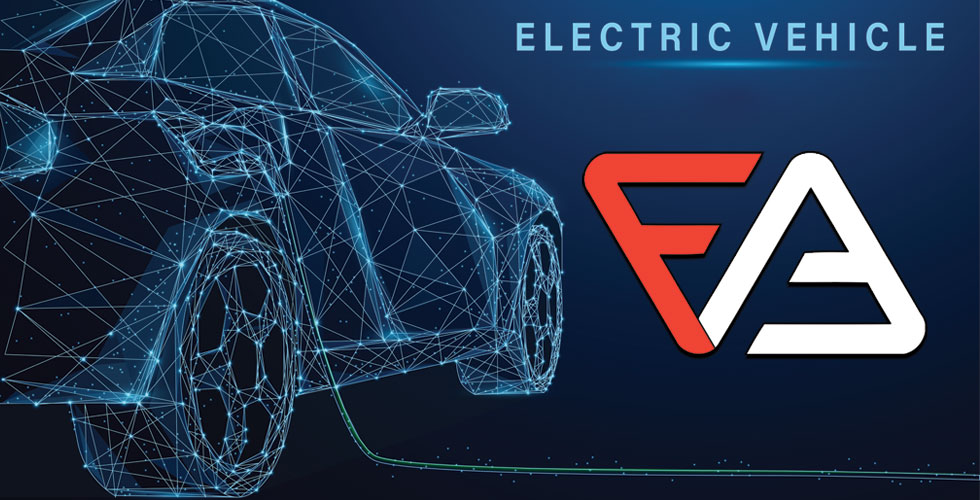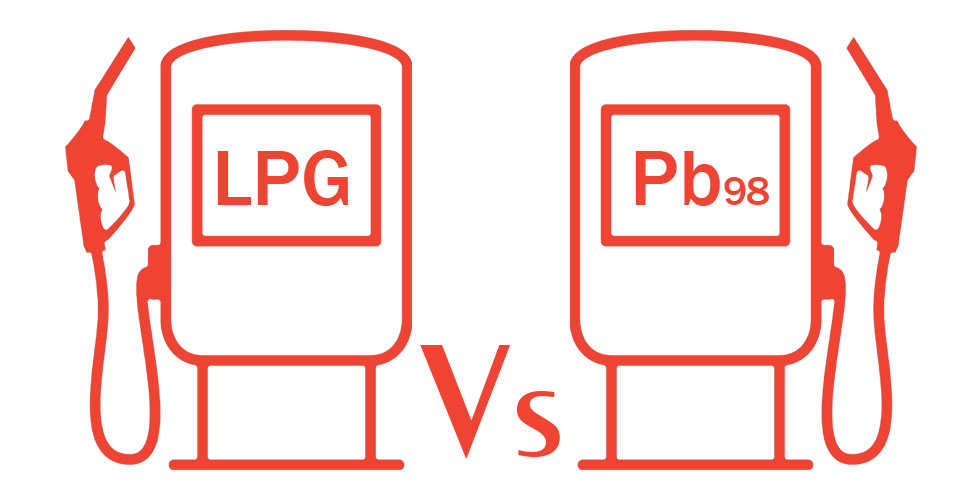Electric Car
Contents
ToggleThe Electric Car - A Revolution in the Automotive World
Introduction
In recent years, electric cars have gained enormous popularity in the automotive market. Their growing importance is due to both the increasing environmental awareness of the public and technological advances in the field of electricity. This article will introduce you to the topic of electric cars, their benefits, operating principles and the future of this revolutionary technology.
What is an electric car?
An electric car is a purely electric vehicle that uses an electric motor instead of an internal combustion engine. It is a modern alternative to traditional internal combustion cars and offers many benefits for the environment and users.
Definition of an electric car
An electric car is a vehicle in which electrical energy is stored in a battery or other type of battery and used to drive an electric motor. This is in contrast to traditional internal combustion cars, which generate energy by burning fuel.
Basic components of an electric car
An electric car is made up of several key components that make it possible. Here are the most important of these:
- Battery: The battery is the main source of energy in an electric car. It can be a lithium-ion battery, a lithium-polymer battery or another type of battery. Batteries have different capacities, which affect the range of the vehicle.
- Electric motor: The electric motor is responsible for converting electrical energy into mechanical energy, which drives the wheels of the car. Electric motors are characterised by high efficiency, which translates into energy efficiency for the vehicle.
- Controller: The controller is an electronic device that manages the energy flow between the battery and the electric motor. The controller also controls other vehicle operating parameters such as speed and torque.
- Charging system: Electric cars are equipped with a charging system to top up the battery. This can be a charger installed in the car or an external charging station.
Differences between an electric car and a combustion car
Electric cars differ from combustion cars in many ways. Here are some key differences:
- Power source: Internal combustion cars use fuel (petrol, diesel, etc.) as an energy source, while electric cars use electricity stored in a battery.
- Emissions and environmental impact: Internal combustion cars emit exhaust fumes that are harmful to the environment and human health. Electric cars do not emit any exhaust fumes directly, which contributes to improved air quality and reduced environmental impact.
- Running costs: Electric cars have lower running costs than combustion cars. The cost of charging the battery is usually lower than the cost of buying fuel, and electric motors have fewer moving parts and require less maintenance.
- Distance and charging: Internal combustion cars have a longer range and can be refuelled at any petrol station. Electric cars have a limited range, which depends on the battery capacity, and require regular charging.
Benefits of electric cars
Electric cars offer many benefits for the environment, users and the economy. Here are some of the main benefits:
Environmental protection:
- No exhaust emissions: Electric cars do not emit exhaust fumes, which contributes to improving air quality and reducing climate change.
- Reduction in air pollution: No exhaust fumes means fewer emissions of harmful substances such as nitrogen oxides or particulates, which cause smog and health problems.
Cost-effectiveness:
- Cheaper fuel and lower running costs: The cost of charging an electric car is typically lower than the cost of refuelling a traditional combustion car. In addition, electric motors have fewer moving parts, reducing the need for maintenance and repairs.
- Less dependence on oil prices: Electric cars are not dependent on oil price fluctuations, which can bring financial stability for users.
Energy efficiency:
- Using electricity in an efficient way: Electric motors have a high energy efficiency, which means that they use a higher proportion of the supplied energy to propel the vehicle than internal combustion engines.
- Energy regeneration during braking: Electric cars use energy regeneration technology to recover kinetic energy during braking and deceleration, increasing vehicle efficiency and range.
Quiet operation:
- No combustion engine noise: Electric motors operate virtually noise-free, helping to reduce traffic noise in cities and providing greater driving comfort.
- Driving comfort and quietness inside the vehicle: The lack of vibration and noise from the internal combustion engine makes electric cars quieter and offers a quieter atmosphere inside the vehicle.

Electric car principle
Electric cars operate on the basis of simple but effective principles. Here are the main elements involved in the principle of an electric car:
The battery as the main energy source of the electric car:
- Types of batteries used in electric cars: Different types of batteries are used in electric cars, such as lithium-ion (Li-Ion) batteries, lithium-polymer (Li-Po) batteries or lead-acid (Pb-A) batteries.
- Battery capacity and range: Battery capacity has a direct impact on the range of an electric car. The greater the capacity, the greater the range you can travel on a single charge.
Electric motor:
- Construction and types of electric motors: Electric motors consist of a rotor and a stator. Depending on the application and vehicle design, different types of motors are used, such as direct current (DC) motors, asynchronous (AC) motors or synchronous motors.
- Converting electrical energy into mechanical energy: The electric motor converts the electrical energy supplied from the battery into mechanical energy, which drives the wheels of the vehicle.
Electric Car Controller:
- The role of the controller in managing the operation of the electric motor: The controller is an electronic device that regulates the flow of energy between the battery and the electric motor. The controller also monitors other parameters such as motor speed and torque.
Electric car charging system:
- Charging the battery of an electric car: Electric cars can be charged using a variety of methods and energy sources. They can be charged at home using an electrical outlet or using external charging stations.
The future of electric cars
Electric cars currently have a dynamic development and future prospects. Here are some important aspects about the future of electric cars:
Technological progress:
- With advances in battery and electric motor technology, improvements can be expected in the efficiency, battery capacity and range of electric cars. Work on more advanced batteries, such as fixed batteries and high energy density batteries, is being carried out to provide even greater range and efficiency.
Development of charging infrastructure:
- Many countries and cities are betting on the development of charging infrastructure for electric cars. Charging stations are being built in car parks, shopping centres and on roads to allow users to charge their vehicles easily.
Political support and regulation:
- Governments around the world are introducing regulations and financial incentives to promote the use of electric cars. Subsidies for the purchase of electric cars, parking fee exemptions and the possibility to use bus lanes are just some examples of measures taken by governments.
Innovations in autonomous driving:
- Electric cars are often combined with autonomous driving technology. In the future, more electric cars can be expected to be able to drive without driver involvement.
Summary
Electric cars are a revolutionary technology that offer many benefits for the environment, users and the economy. They work on the principle of using electricity to drive an electric motor, instead of burning fuel. Their development is dynamic and the future of electric cars seems promising thanks to technological advances, the development of charging infrastructure and political support. The transition to electric cars is key to emissions reduction and sustainability in the automotive sector.





